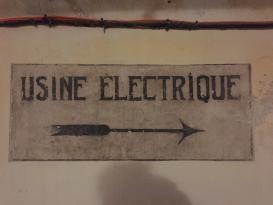Taking as my starting point the presumption that we are in the early days of a massive phase-out of fossil fuels, this project brings culture and technology together to ask: how did we get here and how do we move beyond the present into an energetic regime that functions differently? I do this research as an anthropologist, though much of the study is historical and archival because my primary interest is in the ways in which people and cultures transform together with normative technological (and material) systems. Research involves finding and delving into case studies that demonstrate the ways in which the phase-in of fossil fuels was hard won, and intensely transformative across sectors (I concentrate on the phase-in of coal, oil as lubricant, the internal combustion engine (and its fuels), ammonia syntheses and its fertilizers, and cement). I then link the specific transformative capacities of fossil fuels to contemporary struggles with the phasing-out not just of fuels but entire ways of life. Though technological innovation is also present in the more contemporary work, I turn more explicitly toward social and economic power, asking how multinational corporations, sovereign wealth funds, and mid-level boards-of-directors enable or prevent substantive change. It is often said that the problem with stopping climate change is primarily cultural, not technological, and I half agree with this. Technological developments are critical to a post-fossil fueled world, but so is relinquishing power, in both senses of the word.
Metal remnants collected by the BSR Müllheizkraftwerk Ruhleben after the fires which produce much of Berlin’s electricity and district heating from garbage have consumed the rest, Berlin 2019. Photo Gretchen Bakke.

